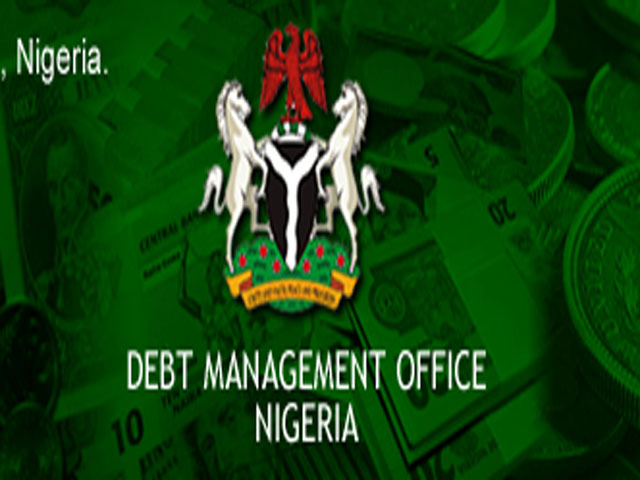Finance
DMO Lists FG’s N100bn Sukuk on NSE

Loans
Akinwumi Adesina Calls for Debt Transparency to Safeguard African Economic Growth
Banking Sector
UBA, Access Holdings, and FBN Holdings Lead Nigerian Banks in Electronic Banking Revenue
Loans
Nigeria’s $2.25 Billion Loan Request to Receive Final Approval from World Bank in June
-

 Forex3 weeks ago
Forex3 weeks agoZiG to the Rescue: Zimbabwe Shifts Gear with New Currency Backed by Gold
-

 Naira3 weeks ago
Naira3 weeks agoDollar to Naira Black Market Today, April 9th, 2024
-

 Billionaire Watch3 weeks ago
Billionaire Watch3 weeks agoNigerian Billionaire Tony Elumelu Contemplates Acquiring NPFL Club
-




 Naira3 weeks ago
Naira3 weeks agoDollar to Naira Black Market Today, April 8th, 2024
-







 Naira2 weeks ago
Naira2 weeks agoNaira Hits Eight-Month High at 1,120/$ Amidst Central Bank Reforms
-





 Naira2 weeks ago
Naira2 weeks agoDollar to Naira Black Market Today, April 17th, 2024
-







 Naira1 week ago
Naira1 week agoDollar to Naira Black Market Today, April 18th, 2024
-





 Naira4 weeks ago
Naira4 weeks agoDollar to Naira Black Market Today, April 1st, 2024
























